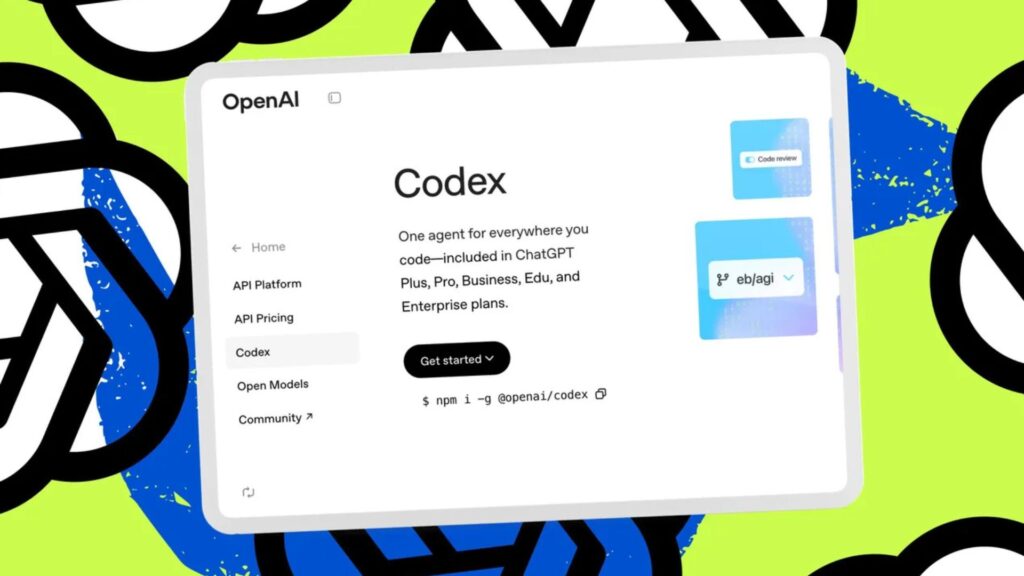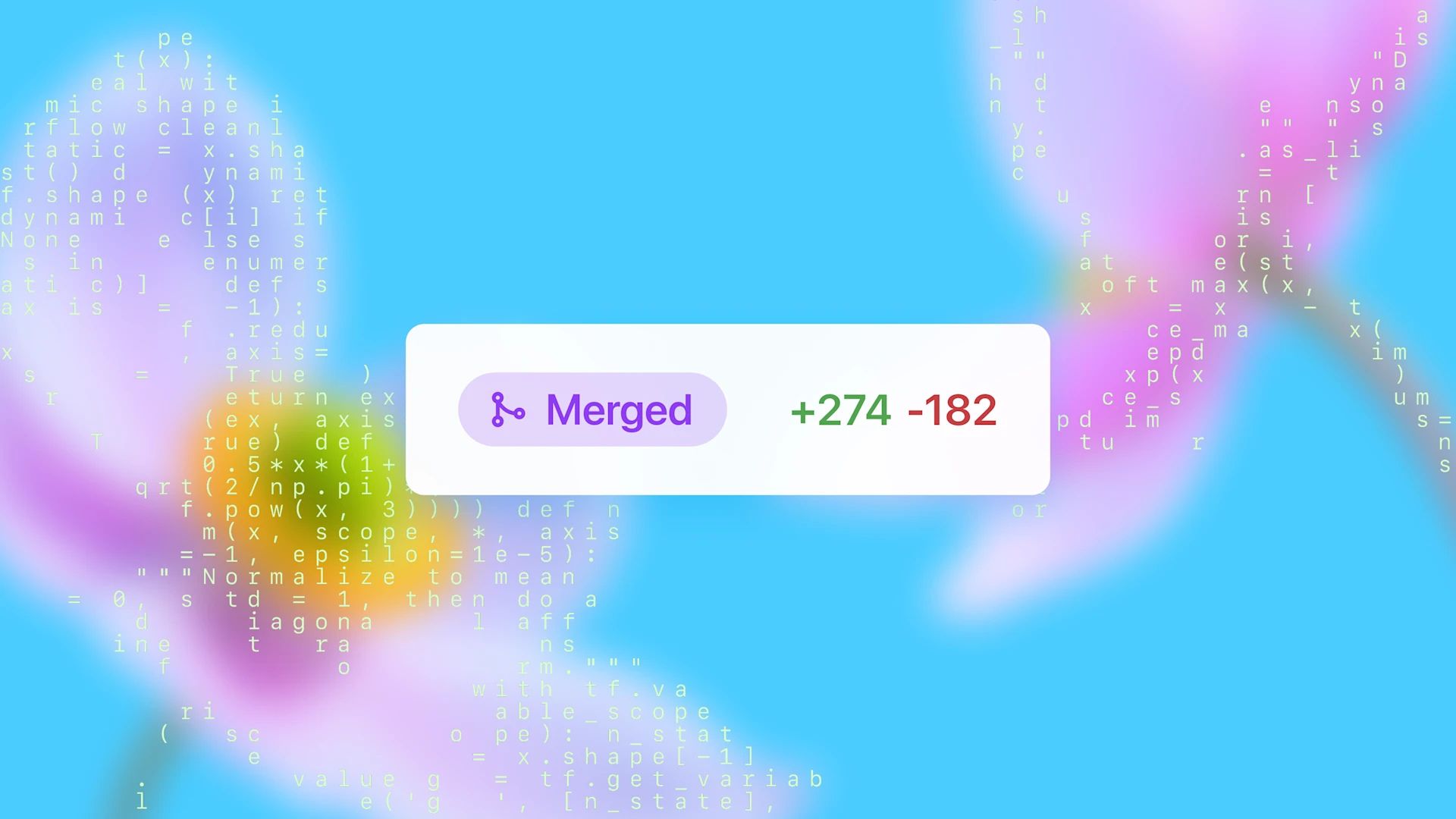
OpenAI has released GPT-5-Codex, a specialized version of its flagship model designed for autonomous software engineering. Unlike earlier tools, GPT-5-Codex can dynamically adjust its “thinking time” from seconds to as long as seven hours on complex challenges, enabling fully independent task execution.
The launch arrives amid fierce competition from Anysphere’s Cursor—which recently hit $500 million in annual recurring revenue—and Microsoft’s GitHub Copilot, which remains integral to many developers’ workflows. GPT-5-Codex is now available across command-line interfaces, IDEs, GitHub integration, and mobile apps for ChatGPT Plus, Pro, Business, Edu, and Enterprise subscribers.
Dynamic Thinking Capabilities Set New Standard
According to TechCrunch, GPT-5-Codex’s standout feature is its ability to allocate compute resources based on task complexity. Rather than using fixed time limits, the model can reassess mid-task and extend its processing. Alexander Embiricos, OpenAI’s Codex product lead, explained that the system can “decide five minutes into a problem that it needs to spend another hour.”
In internal testing, OpenAI observed GPT-5-Codex working autonomously for over seven hours on large-scale refactoring tasks—iterating implementations, fixing test failures, and delivering solutions without human intervention. This marks a significant leap over assistants that require frequent user guidance.
Enhanced Code Review and Quality Assurance
GPT-5-Codex includes specialized training to perform comprehensive code reviews, distinguishing it from autocomplete-focused competitors. The model can traverse entire codebases, analyze dependencies, and run tests to ensure correctness. When evaluated by senior engineers, GPT-5-Codex produced fewer incorrect comments and more “high-impact comments” than prior versions.
Aaron Wang, a Duolingo senior engineer, praised Codex for catching complex backward compatibility issues that other tools missed. The model’s ability to identify critical bugs and validate legacy support enhances its value in production environments.
Competitive Positioning in Growing Market
The new Codex positions OpenAI aggressively in the AI coding tools market. GPT-5-Codex outperforms the standard GPT-5 on SWE-bench Verified, a benchmark for agentic coding, and excels at code refactoring in large repositories. Its seamless integration across terminals, IDEs, web browsers, GitHub, and mobile devices allows developers to switch contexts without losing progress, addressing a key workflow friction point.
With competitors like Cursor and Windsurf drawing significant investment and acquisition interest, GPT-5-Codex’s advanced autonomy and review capabilities could redefine expectations for AI-powered software engineering.











